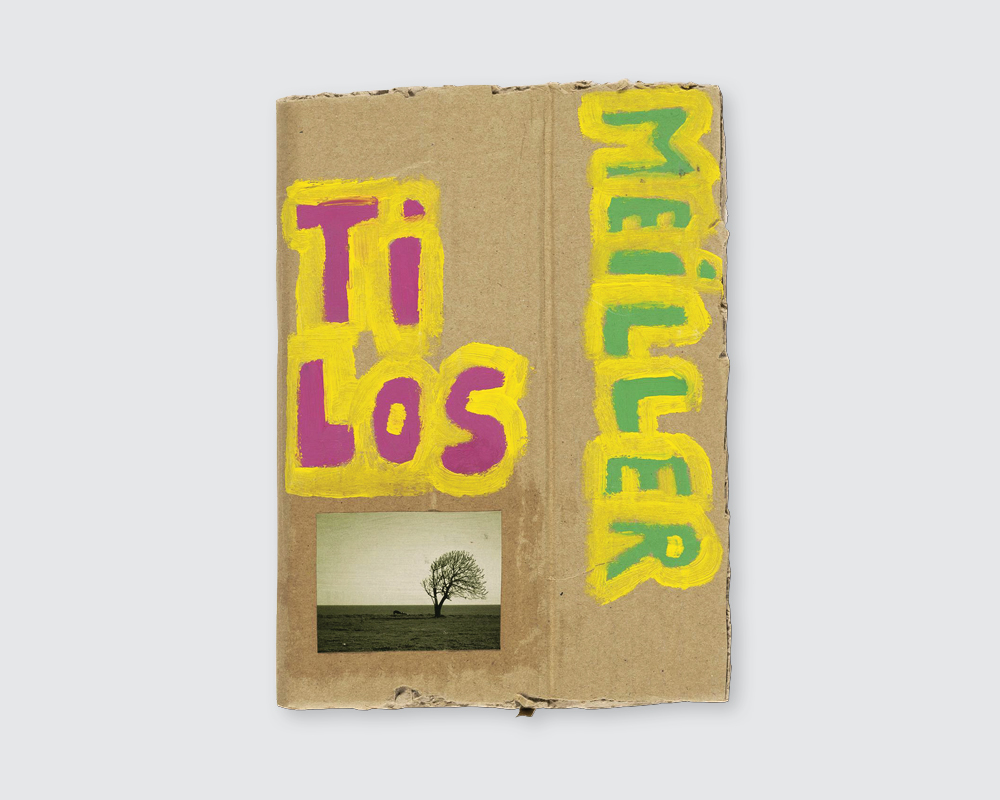
THE ODD MONTH
Author – Black Ocean, 2024
Translated by Whitney DeVos
Known colloquially as “the odd month” for its unusual number of days, February in the rural Argentine imaginary has historically represented an auspicious time: the only month without rain, in which that season's crops are gathered, celebrated, tallied, and accounted for. Drawing on this idea, The Odd Month charts a dystopian, lyrical landscape at the intersection of the twentieth-century agroindustry in Argentina and the devastating drought in the region from 2008 to 2009.
The poems are informed by the Argentine rural literary tradition while reflecting on the ways a once-idealized landscape has since been transformed. As these ecologically engaged poems show, if on the one hand there is the law--of the family, of religion, of animal domestication, of trickle-down economics, of national identity--attempting to produce order through different systematizations of the natural, on the other is the way in which animal and plant life put these laws into crisis and resist being mastered by humans.
BLURBS
“Valeria Meiller’s poems in The Odd Month bless us twice. First, they bless us through the excellent, matter-of-fact transparencies of their language. And second, through what that language evokes—the vividness of the mind at its finest pitch and what that mind vividly sees and understands. A moody, gripping, brilliant book.”
—Vijay Seshadri, author of 3 sections and winner of the Pulitzer Prize for Poetry
“The prose poems in The Odd Month fully immerse the reader in the sights, sounds, smells, and touch of a summer drought in the Argentine pampas. Whitney DeVos’s evocative translation crackles like gunfire and murmurs like a hot breeze through a dark room.”
—Corine Tachtiris, author of Translation and Race
“Suffused by fragile shadows, hunting rifles, sugar-lump-sized bunnies, ferocious plums, and a deep longing for rain, these ecological and philosophical fragments capture the weirdness and wonder of living in relationship to a place.”
—Cecily Parks, author of O’Nights

EL LIBRO DE LOS CABALLITOS
Author – Caleta Olivia, 2021
A mother, a father, three siblings, the countryside. In El libro de los caballitos, the plains are the space where language fights a battle between the possibility of naming and the silence of the wild. Valeria Meiller writes like a seamstress and a pianist. With every chord she strikes, with each vibration, she makes sounds and images reverberate; shapes that, upon unfolding, show the trace left by the folds, the stitching without thread, the scars. Objects multiply and disappear behind the world: the dangerous brightness of a knife, the saddle of a horse, the fire that destroys and originates, the presence of the children that dilute like ghosts at the gaze of adults. The poetry of Valeria Meiller speaks the language of dreams and of childhood, inscribes itself in the “ferocity of things said” to reclaim—in good faith—an inheritance.
Virginia Cosin

EL MES RARO
Author – Dakota Editora, 2015
We expect poetry to name the world for the first time. The countryside, the successive generations that dwell and work in it, simultaneously live in Valeria Meiller’s poetry, nurtured by the serene acceptance of what it means to cohabit with nature: the watering troughs where unwanted litter are drowned, rabbits whose necks are broken to peel them afterwards as an act of love, an ubiquitous 22 long rifle, cartridges and pellets. I don’t know any other pastoral that, in its exalted and daily lyricism, responds better to Rilke’s intuition: “For beauty is nothing but the beginning of terror which we are barely able to endure.”
Edgardo Cozarinsky

EL RECREO
Author – El fin de la noche, 2010
Against what the title suggests, El Recreo is a poetry book about making, about the actions required to create a core that resists the weather. It is a song to the secret life of settlers… “They have to plant shadows for so much whiteness.” It is a text that measures, lists, attempts to name. The best and the worst that happens to the land is the water. The water lays out a delicate balance. When too little, there is a draught. When too much, there is a flood. “With water everywhere, the family on the roof.” The breakdown of balance makes life unsuitable, but though everything can dry under the sun, or sink under the water, it is only in people where that manifests as a dissolution. “This morning, the father climbed the tree with the girl around his neck.” El recreo is traversed by almost biblical figures, proposing a particular genesis where those who create are also those whom life threatened, almost as if paradise didn’t exist, almost as if the only thing possible was a space of permanent tension. Only Valeria knows what is the secret of her break; if when she is out of it or in it.
Martín Rodríguez
© 2024 Valeria Meiller
